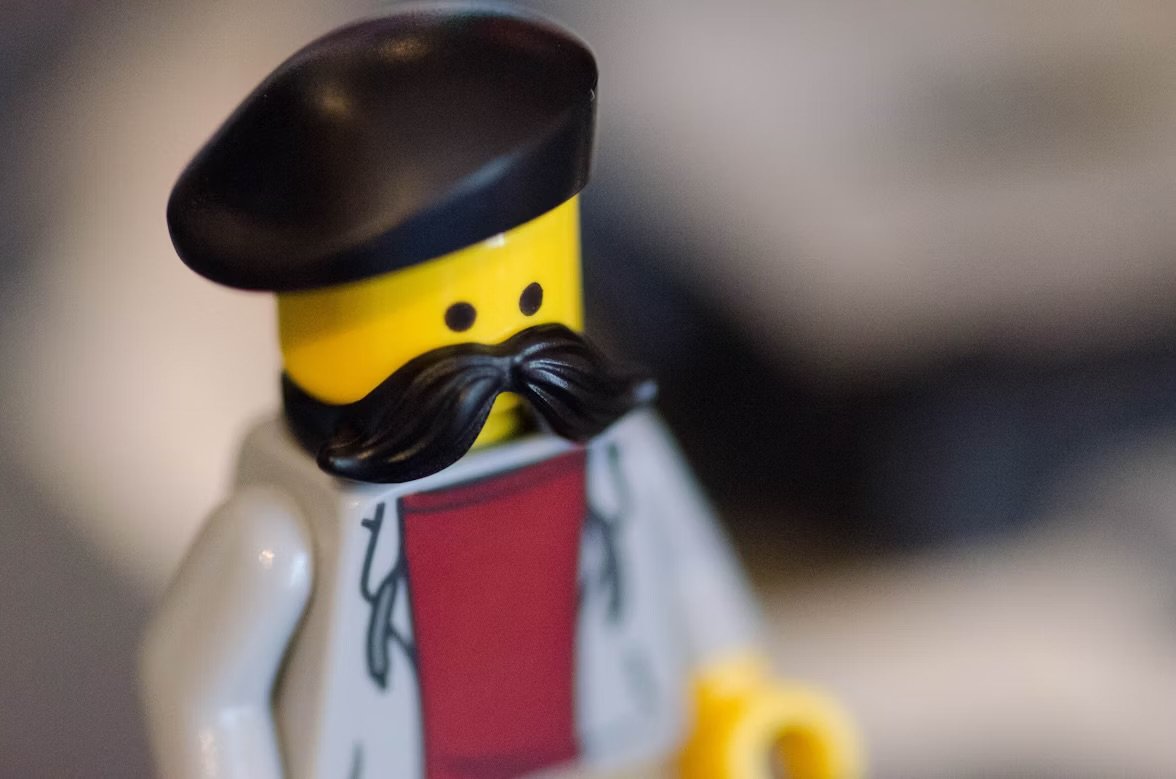Men’s Mental HEALTH: Building Stronger Community and Communication
November marks an important time for men’s mental health awareness, highlighted by global initiatives like Movember, which shine a spotlight on critical health issues affecting men, particularly mental health.
For many men, seeking help for mental health challenges is often stigmatised. Social and cultural expectations may encourage men to suppress their feelings, to “tough it out” rather than seeking support.
Growing awareness and supportive communities are helping more men step forward, connect with others, and improve their well-being, helping to end the stigma and start communications.
Men’s Mental Health today
Statistics around men’s mental health highlight a stark reality. Globally, men are significantly more likely to die by suicide, often struggling to express or address their mental health challenges before reaching a crisis. In some societies, men may feel pressured to appear invulnerable, to “man up”, which can prevent them from expressing emotions openly or seeking support. This “silent suffering” can have severe consequences, affecting everything from their relationships and physical health to their ability to enjoy life.
There’s a powerful shift happening in November each year. Campaigns like Movember encourage men to share their stories, grow a mustache as a symbol of solidarity, and connect around common health goals. This kind of awareness event sparks conversations that would otherwise be challenging to start, paving the way for more lasting support networks and community connections.
The Role of Community in Men’s Mental Health
Community support is crucial for mental health. A supportive network of friends, family, or peers can provide a sense of belonging and purpose that makes life more manageable. Men may sometimes feel hesitant to reach out, believing that discussing personal struggles might be burdensome or lead to judgment. But strong communities—whether built through family, friendships, sports teams, or special interest groups—help men feel accepted and supported in their mental health journey.
1. Breaking Isolation
Isolation can exacerbate mental health challenges, leading men to feel alone in their struggles. A strong community provides an antidote to this isolation, offering companionship and shared experiences. In November, social events, group activities, and Movember-themed gatherings can encourage men to come together and feel less alone. Sometimes, even casual interactions in a community setting can be the first step toward opening up.
2. Peer Support and Shared Experiences
Shared experiences create bonds that foster openness. For example, veterans, athletes, or professionals in high-stress fields may find comfort in groups where others understand the unique pressures they face. These peer support groups can become a place for men to speak honestly and relate to others who face similar mental health challenges, creating a sense of shared resilience.
3. Community Resources
Local communities and organizations often have resources specifically designed to support men’s mental health. These can range from support groups and therapy sessions to fitness programs and hobby clubs that foster mental well-being. Many communities and mental health organizations also run workshops or seminars, particularly in November, that focus on mental health literacy, self-care, and ways to support loved ones. Encouraging men to access these resources can be an essential step in normalizing the conversation around mental health.
Local Communities
Blue Balls Cornwall is a “cold water brotherhood in Cornwall."
Promoting men’s health & well-being through cold water & community.
“I’m a massive advocate of all things that provide a positive coping mechanism towards my wellbeing and mental health these days, but that wasn’t always the case”
Man Down UK
is a non-profit Community Interest Company originating in Cornwall. They provide informal peer-support talking groups all over the UK for men with mental health concerns.
“Together we can end the stigma and reduce the number of male suicides.”
How you can support
For those looking to support men in their lives, active listening can be transformative. Men who may have felt unheard or misunderstood in the past need reassurance that their experiences and feelings matter. When friends, family members, or partners practice active listening—without offering judgment or “quick fixes”—they create an environment where men can be honest without fear.
Other rescources
Looking to explore the depths of mental health and gain valuable insights? We've curated a list of top five books that are essential reads for men, offering profound perspectives and shedding light on this important topic. Check out these thought-provoking titles…
Rick Rubin On Creativity, Authenticity & Living A Meaningful Life
Discussing how his artistic life philosophy applies to health.






